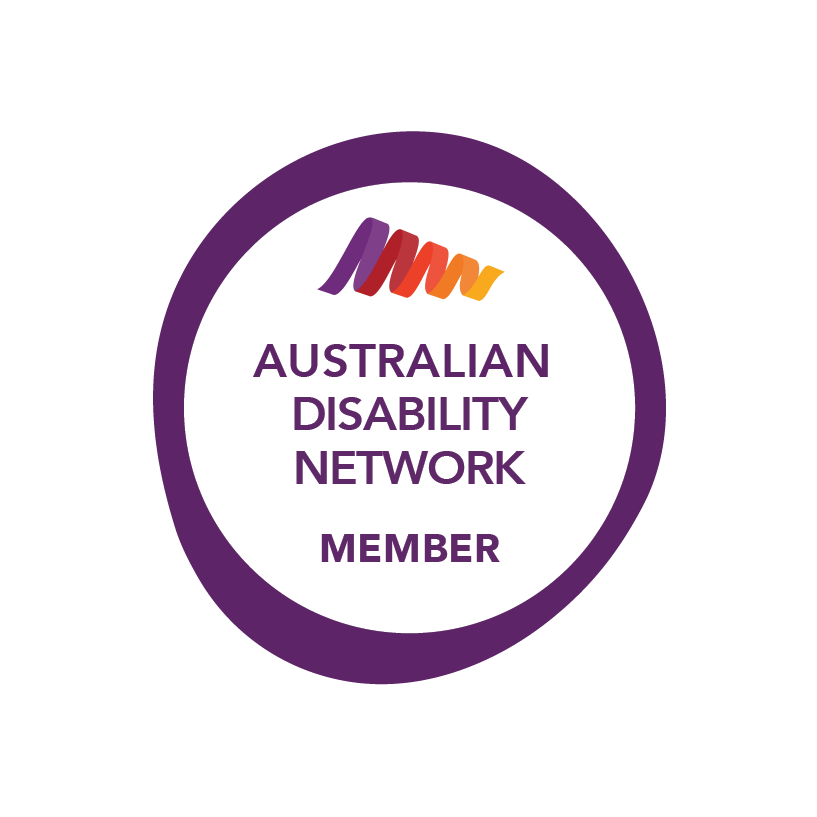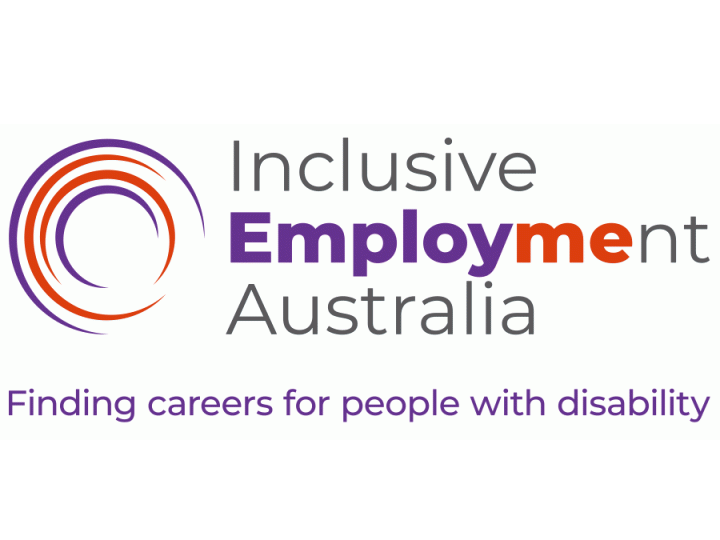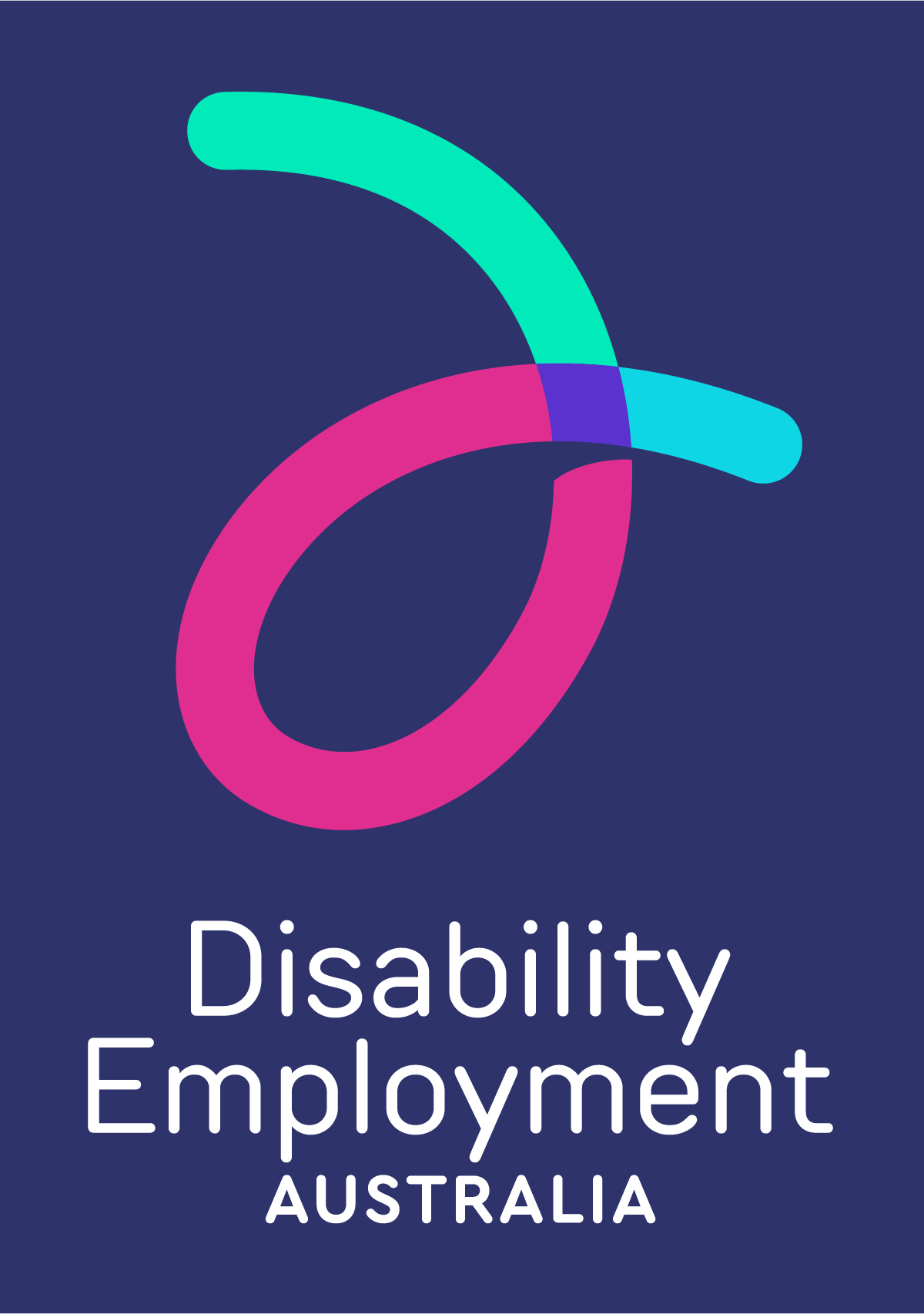Understanding Neurodiversity and Employment
Neurodiversity describes the natural differences in how people think, learn, and process information. It includes a range of conditions such as autism, ADHD, dyslexia, dyspraxia, and more. While challenges can exist, neurodiverse adults often bring valuable strengths to the workplace, like creative thinking, strong focus, reliability, or attention to detail.
Finding the right job is about more than ticking off skills on a list. For neurodiverse job seekers, it’s also about matching the work environment, expectations, and support to how they operate best. A well-matched role can build confidence, support mental wellbeing, and create long-term success.
At TURSA, we know that employment isn’t one-size-fits-all. We work with neurodiverse participants to identify their strengths, understand their needs, and connect them with employers who value what they bring. With the right support, every person deserves the chance to thrive at work.
Next, we’ll look at what to consider when choosing a job that fits your strengths and preferences.
Factors to Consider When Choosing a Job
Every neurodiverse person has different strengths, challenges, and preferences. When looking for work, it’s important to focus on the type of environment and tasks that suit you best. Here are a few key things to think about:
1. Work Environment
- Do you prefer quiet, low-stimulation spaces?
- Would you feel more comfortable working alone or as part of a team?
- Do you need structure and routine, or does variety help you stay engaged?
2. Communication Style
- Do you understand and respond better to written instructions or verbal guidance?
- Would it help to have tasks clearly explained step-by-step?
- Do you need extra time to process information or respond?
3. Sensory Considerations
- Are there things in a workplace (noise, lighting, smell) that might cause stress?
- Would you benefit from noise-cancelling headphones or a quieter workspace?
4. Interests and Strengths
- What types of tasks do you enjoy or find easier to focus on?
- Do you prefer hands-on work, creative tasks, or roles that involve patterns and detail?
5. Level of Support
- Would on-the-job support or a job coach make it easier to settle into work?
- Is flexible scheduling or extra training helpful for you?
Best Jobs for Neurodiverse Adults (Grouped by Strengths)
There’s no single list of jobs that suits every neurodiverse person. The best jobs for neurodiverse adults depend on individual strengths, interests, and how someone works best. Below are examples of job types that often match common neurodiverse strengths.
Strength | Examples of Jobs |
|---|---|
Strong attention to detail | Data entry, coding, stock control, archiving |
Creative thinking | Graphic design, photography, and content creation |
Visual learning and structure | Drafting, warehouse sorting, gardening |
Routine and task focus | Cleaning, admin assistant, logistics |
Hands-on or physical work | Assembly, delivery driving, and animal care |
Technical or mechanical skills | IT support, machinery operation, and repairs |
Pattern recognition | Software testing, bookkeeping, and quality control |
These are just examples, not rules. Every person is different, and many roles can be adjusted to better suit individual needs. What matters most is finding work that feels manageable, meaningful, and sustainable.
Workplace Support & Adjustments That Can Help
The right support at work can make a big difference for neurodiverse employees. Many employers are open to making simple adjustments that help people feel more comfortable, confident, and productive.
Here are common workplace adjustments that may help:
Flexible hours or start times: Helps manage fatigue, focus, or daily routines.
Clear, written instructions: Reduce confusion and support memory.
Extra time for training or tasks: Allows space to learn without pressure.
A quieter workspace or noise-cancelling headphones: Supports focus and reduces sensory overload.
Regular check-ins with a supervisor or mentor: Builds trust and keeps communication open.
Support from a job coach or employment consultant: Offers on-the-job help with tasks, communication, or problem-solving.
These changes don’t require major effort but can create a more inclusive and successful work experience. At TURSA, we can speak with employers on your behalf to help explain what support might be useful and why it matters.
The Benefits of Neurodiverse Recruitment
It has long been understood that people with neurodiversity often bring unique strengths to the workplace and can thrive in the right environment. Hiring people who think differently doesn’t just support inclusion, it can improve how a business operates.
Common strengths of neurodiverse employees include:
Strong attention to detail: Ideal for tasks that need accuracy, consistency, and focus.
Creative thinking: A different way of seeing things can lead to better ideas and fresh solutions.
Pattern recognition and strong memory: Helpful in roles that involve data, structure, or repeated tasks.
Reliability and task focus: Many neurodiverse workers do well in routine-based roles and show long-term commitment.
Better workplace culture: Diverse teams help build understanding, reduce bias, and reflect the wider community.
How TURSA Can Help Neurodiverse Job Seekers
Finding the right job can feel overwhelming, but you don’t have to do it alone. TURSA offers free, personalised employment support for neurodiverse adults. We take the time to understand your strengths, preferences, and any challenges you may face.
Here’s how we can help:
One-on-one job support: We work closely with you to identify suitable roles and prepare you for interviews.
Matching you with the right employer: We help you find workplaces that value inclusion and understand diverse needs.
Ongoing support after you start work: We stay involved to make sure the transition is smooth and any issues are addressed early.
Skills and training programs: Through our Registered Training Organisation (RTO: 90325), we offer practical training to build confidence and job-readiness.
Advocating for workplace adjustments: We can speak with employers to help set up simple changes that support your success.
Need Support Finding the Right Job?
If you’re a neurodiverse adult looking for work or supporting someone who is, TURSA is here to help. We provide free, one-on-one support to find the right job, prepare for interviews, and settle into work with confidence.
Whether you’re just starting out or ready for a new direction, our team will work with you to find a role that suits your strengths and supports your goals.
Contact TURSA today to speak with a local consultant or visit one of our 47 locations across Queensland and Northern NSW. We’re ready to help you take the next step.















